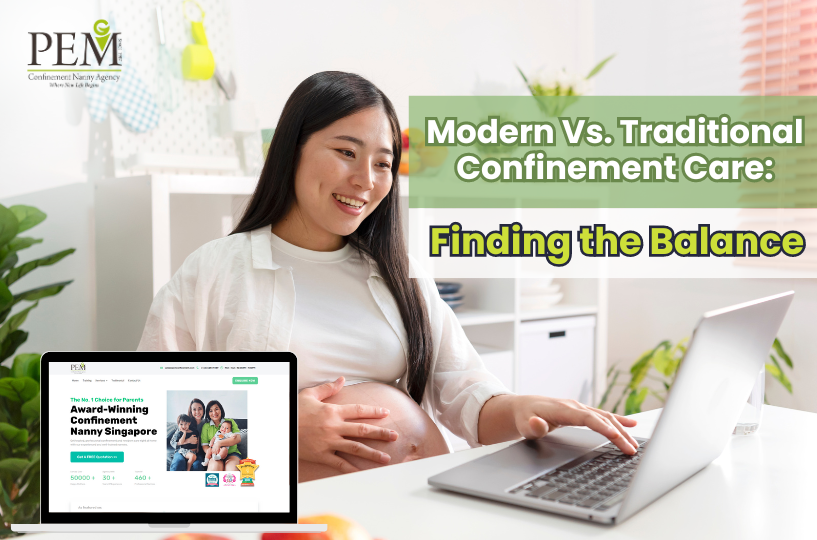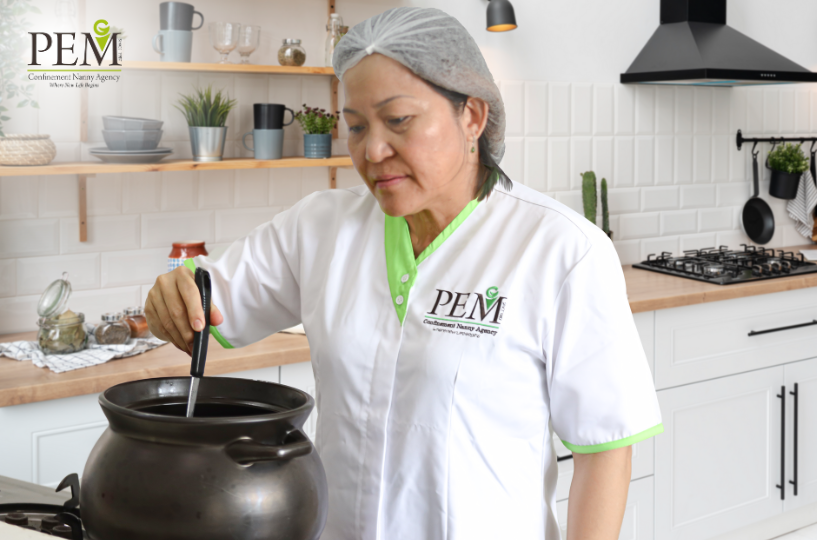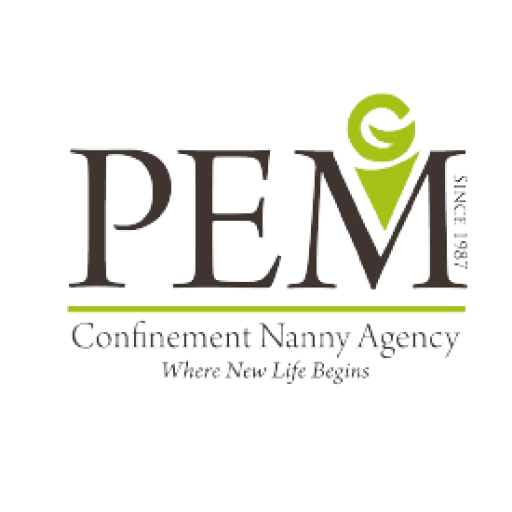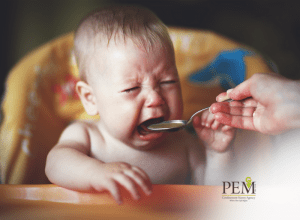[email protected] ♦ (+65) 6293 9249 ♦ Mon - Sun : 10:00AM - 7:00PM
Modern Vs. Traditional Confinement Care: Finding the Balance

Welcoming a child is undoubtedly transformative, a marathon for the body and mind. Within the cultural tapestry of Asia and Southeast Asia, many mothers embrace a time-honoured ritual following delivery—the confinement period. Think of this as a phase of renewal, a particular window for a mother to heal, strengthen, and establish a deep bond with her newborn.
But, as you’ve probably heard, there are two common forms: modern and traditional. Traditionally, many believed in practices such as not washing their hair for 30 days or avoiding drinking plain water. These customs are primarily rooted in preserving warmth and energy in the body. But what does science say about these practices, and how does modern confinement care integrate them?
Mother and Baby Care
After delivery, the hormonal milieu of a mother undergoes dramatic shifts, resulting in changes like body temperature fluctuations. Thus, the essence of these traditional practices was to provide an added layer of protection to the recovering body. Traditional practices often emphasise keeping the mother away from cold elements, like water, to maintain body warmth. Modern understanding underscores the importance of hygiene, especially with newborns. The latter’s immune systems are still developing, making them susceptible to infections.
Prioritising hygiene becomes essential, whether it’s about washing hands frequently, sterilising the feeding equipment, or maintaining a clean environment. While the old idea of keeping warm has its place and can be comforting for many mothers, blending it with today’s understanding of cleanliness is crucial. By doing this, we can make sure both the mother and her baby are safe and healthy.
Nutritional Emphasisation
Traditional confinement meals are steeped in age-old wisdom, carefully curated from generations of experience. The focus is restoring the mother’s health, regaining her strength, and balancing her internal body systems after delivery. Typical ingredients in these meals often include herbs, broths, and specific meats known for their restorative properties. For example, it’s common to find dishes like black chicken soup with goji berries or slow-cooked pork trotters in vinegar, believed to replenish lost nutrients and provide warmth to the body. These meals are not just about nourishment; they’re a cultural embrace, wrapping the new mother in the collective wisdom and care of the women who came before her.
On the flip side, while acknowledging the essence of traditional practices, modern confinement care adopts a more contemporary approach, particularly in nutrition. Today’s confinement care is grounded in the science of nutrition, making sure that meals are tailored to meet specific postpartum needs of the body. The emphasis is on providing a balanced diet of essential vitamins and minerals. Ingredients are chosen based on research supporting the mother’s recovery and the demands of breastfeeding. In addition to traditional foods, you might find dishes supplemented with contemporary health foods, like barley millets, quinoa, or cold-water fish for their omega-3 content.
In essence, while traditional confinement meals offer the comfort of time-tested practices, modern confinement care merges these age-old principles with contemporary understanding. It’s about harmoniously blending the best of both worlds, emphasising confinement care is about recovery and replenishment.

Breastfeeding Support
Confinement care is an invaluable support system for new mothers. Traditional confinement care offers the guidance and assistance of a seasoned companion who has been through the early days of motherhood herself. However, while their wisdom is commendable, not all traditional confinement caregivers have up-to-date knowledge, especially regarding breastfeeding.
Modern confinement care complements the traditional approach with evidence-based practices and a focus on breastfeeding support. A modern confinement nanny is trained in various breastfeeding positions and methods and can guide new mothers on how to breastfeed effectively and comfortably. They also offer guidance on breast milk storage, which is becoming increasingly popular among working mothers and those seeking flexibility.
Conclusion
In the world of confinement care, striking the right balance between old and new can make all the difference. The best type of confinement care combines traditional and modern practices. And that’s precisely where nanny services in Singapore, especially PEM Confinement Nanny Agency, come into play.
New mothers receive optimal care and support while respecting their cultural heritage and preferences. With PEM confinement nannies, you aren’t choosing between the old and the new; you’re getting the best of both worlds. Remember, your health and your baby’s well-being are paramount. Why not benefit from a blend of time-honoured practices and science-backed care?
Explore deeper into what PEM Confinement Nanny Agency offers. Visit our homepage now to discover a world where tradition meets science.







